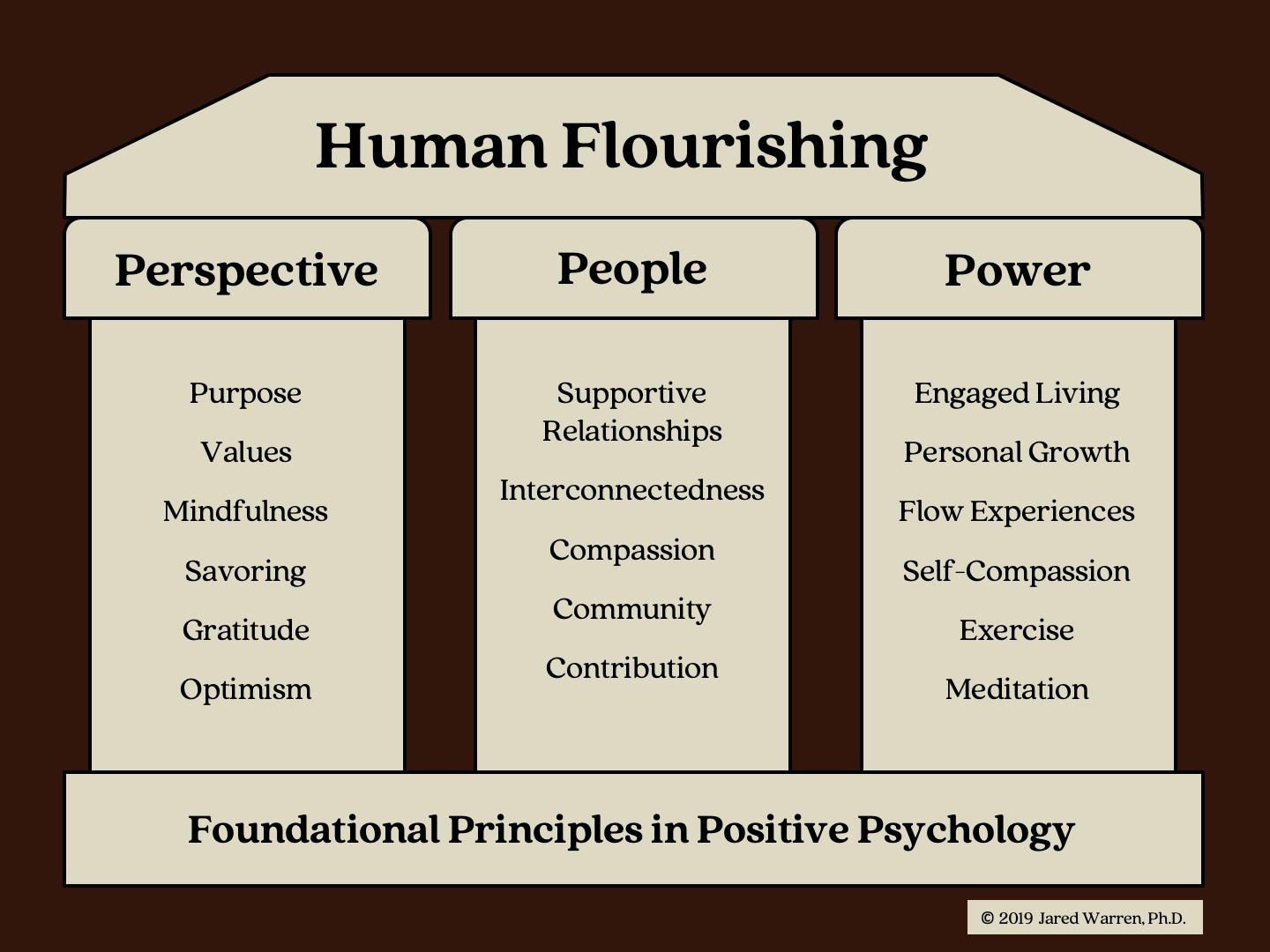The Central Pillar of Human Flourishing
When asked what makes them happy, most Americans observe that it’s their close personal relationships. As an introduction to this module, watch this TED talk to see what researchers from the longest longitudinal study on human happiness have to say about what makes for a good life.
As Dr. Robert Waldinger (n.d.) explains, “The good life is built with good relationships.” Although our personal relationships sometimes cause deep pain and sorrow, they are also our greatest source of joy. Waldinger et al. (2003) demonstrate that people who are socially connected and have good quality relationships are happier, healthier, and live longer, fuller lives.
The “ideal” supportive social network can differ across individuals; some may thrive with a broad network of friends they enjoy for companionship, while others may prefer a smaller network of closer relationships that provide emotional support. Whatever your ideal social network may look like, investing time and effort in strengthening the quality of your relationships may be the most valuable thing you can do to create a life of flourishing.
Our supportive relationships are the people we rely on every day. We ask them for help with housework. We call them to come rescue us when our car breaks down. We seek their advice when we’re facing big decisions, and their comfort when we’re feeling down. They are the individuals we want to do fun things with, relax with, share our deepest thoughts and feelings with. It is our daily interactions with these people that form the basis of a supportive relationship.
There are various types of social support that we can give and receive. Although these types vary slightly in psychological literature, most researchers agree that the main categories of social support are tangible, emotional, and informational. Tangible support is defined as providing for direct needs; perhaps through financial assistance, services (mowing the lawn, fixing the car, cooking breakfast, etc.), or giving material items. Emotional support involves listening, reassuring, empathizing, and encouraging others to express their emotions. Next, informational support includes providing advice, feedback, or useful information. Additional forms of social support include affectionate support—expressing love an\d affection—and positive social interaction—doing fun things together. Now think about the relationships in your life. Do you have people you can turn to for tangible, emotional, and informational support? How often do you provide each type of support for the people in your life? How we support and interact with the people in our lives largely determines the quality of our relationships and how happy and healthy we are.
Consider the following framework for human flourishing. It's no mistake that the "People" column is the central pillar, and that Supportive Relationships are at the top of this column.
In the following sections we'll review how our relationships are related to health and happiness, why humans are wired for connection, and what you can do to strengthen these social connections to get the most out of life.


